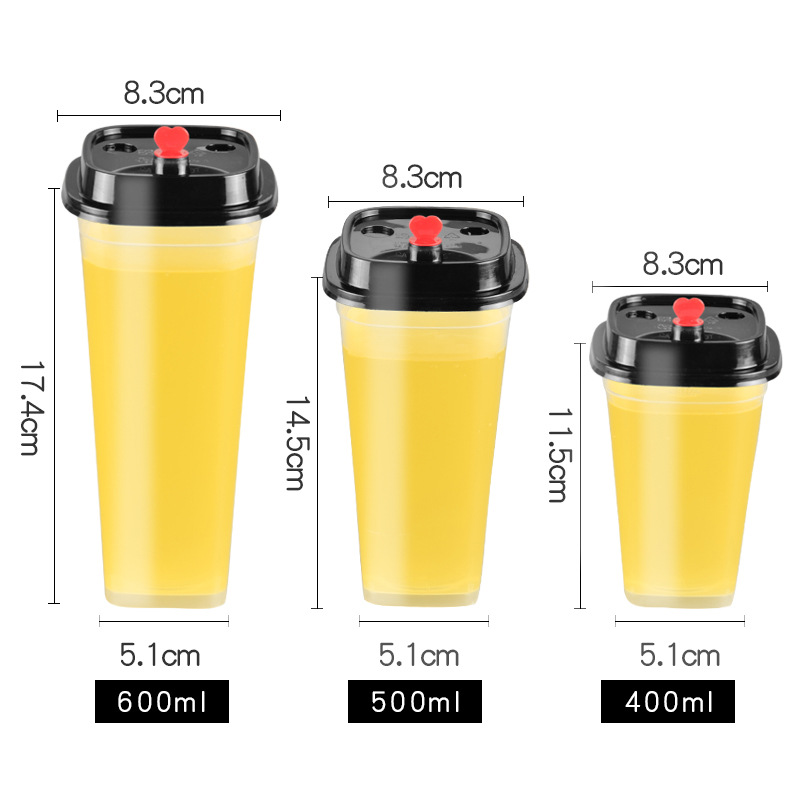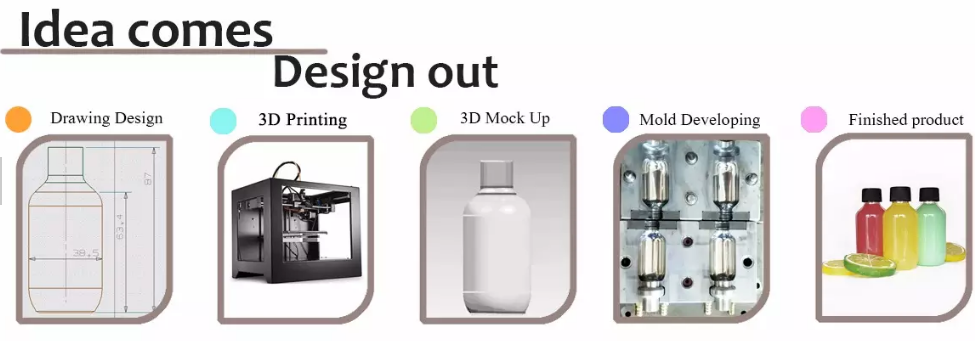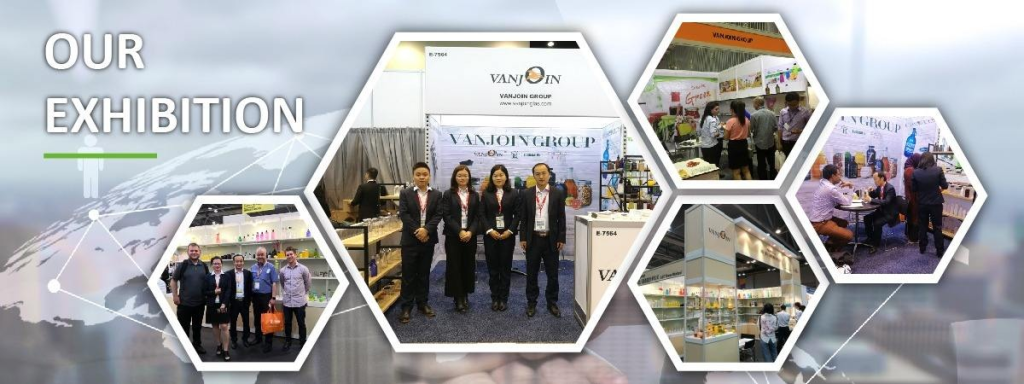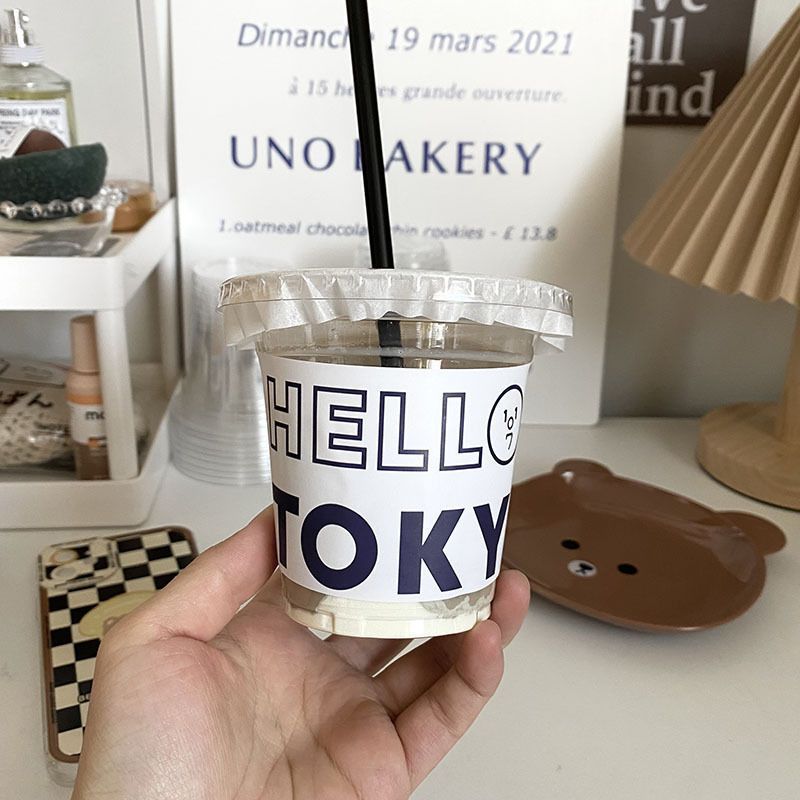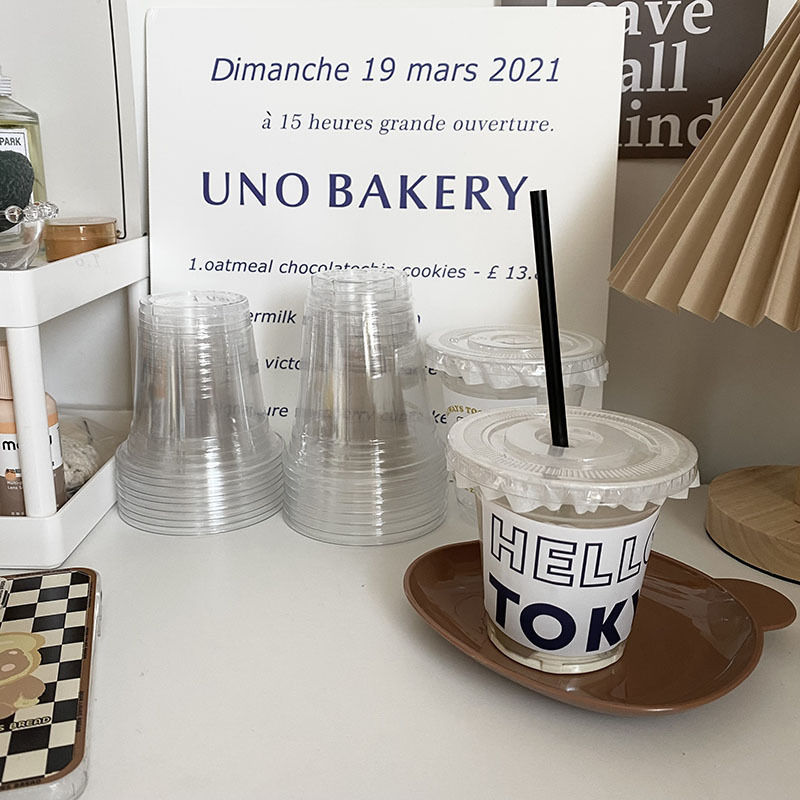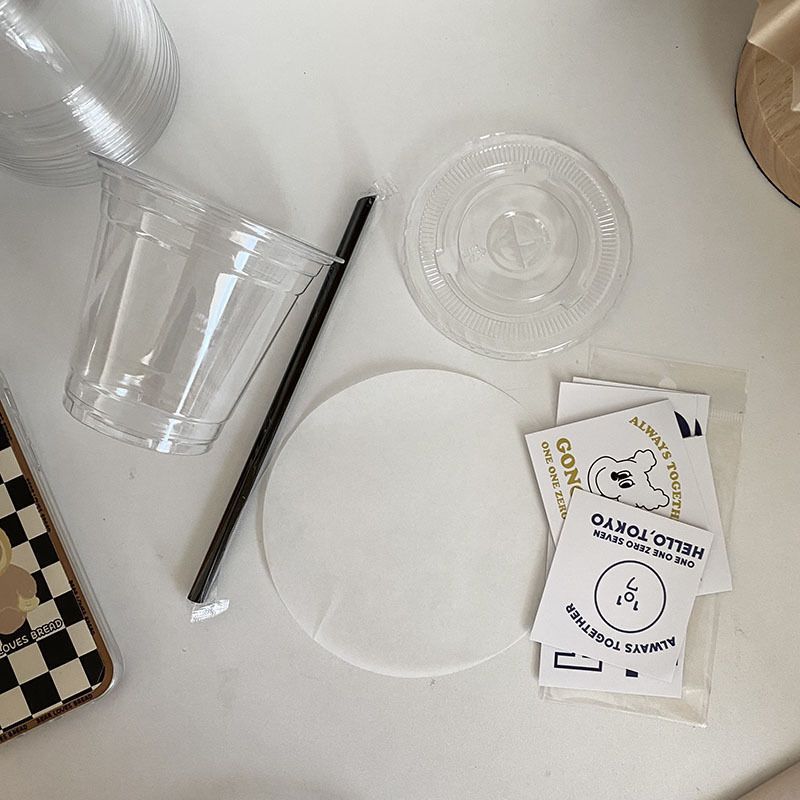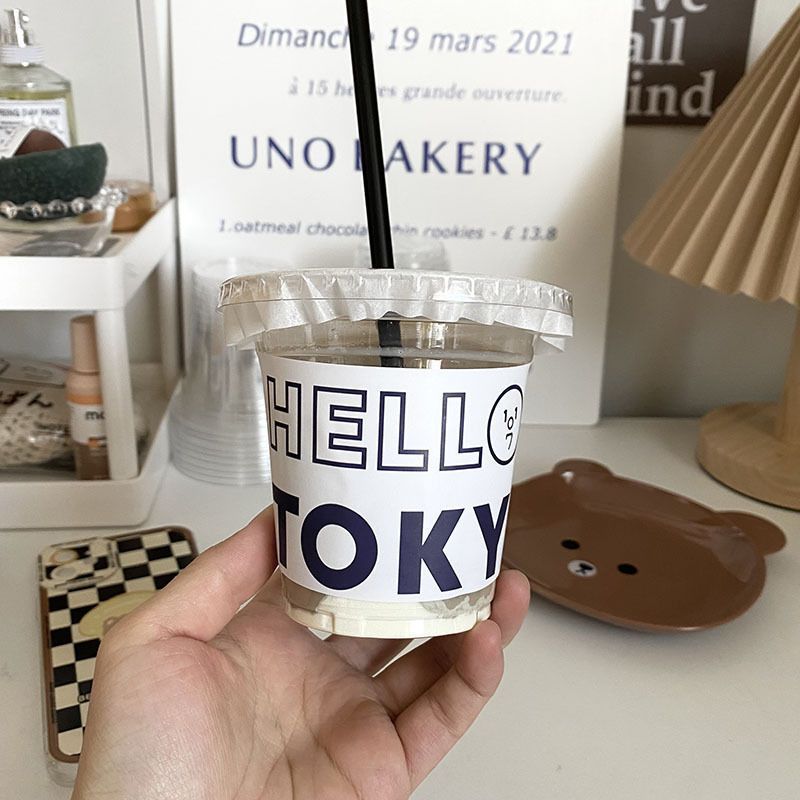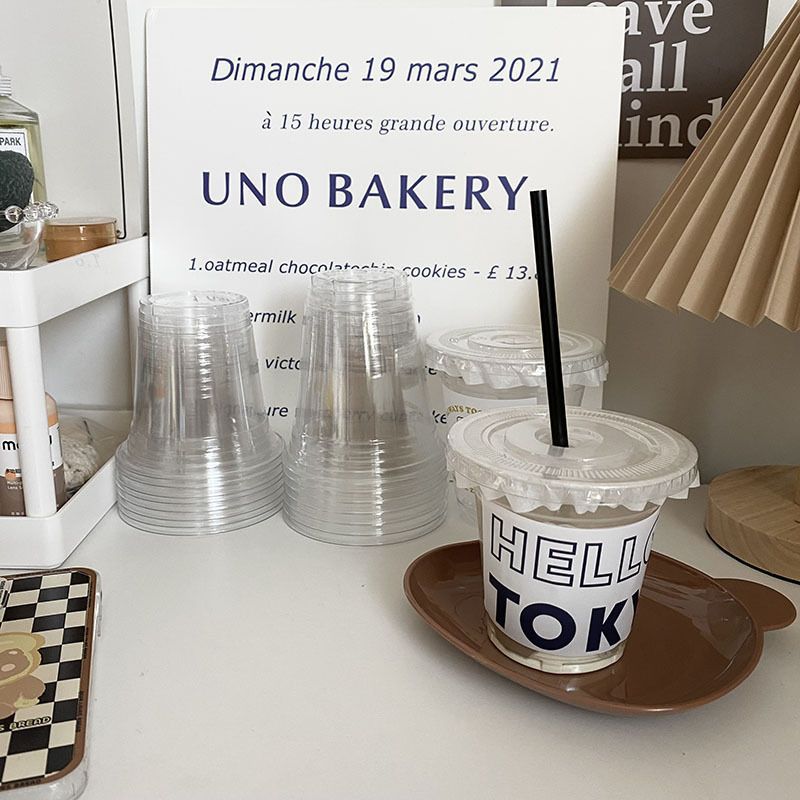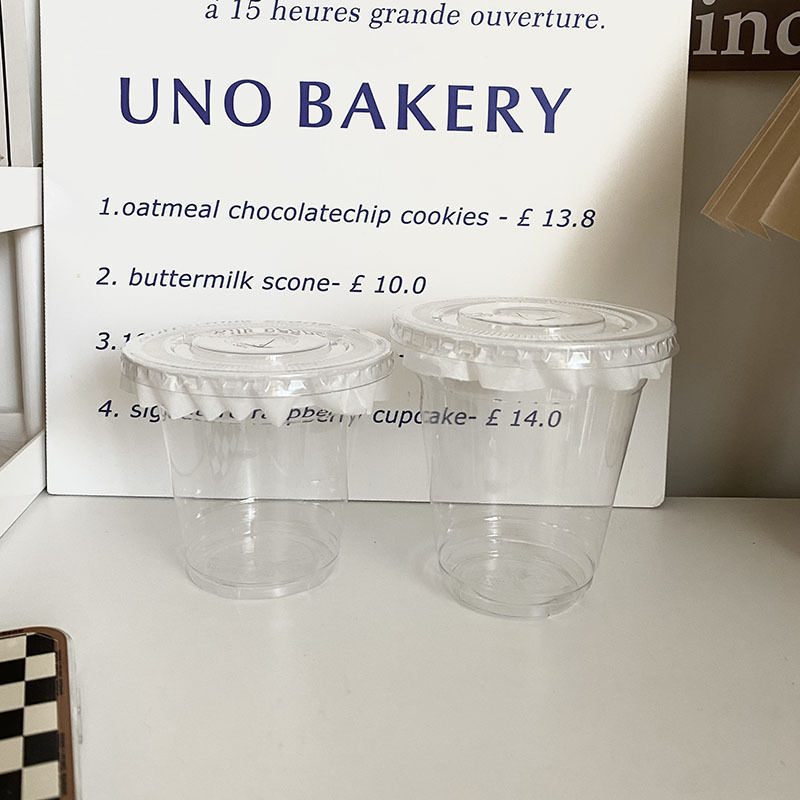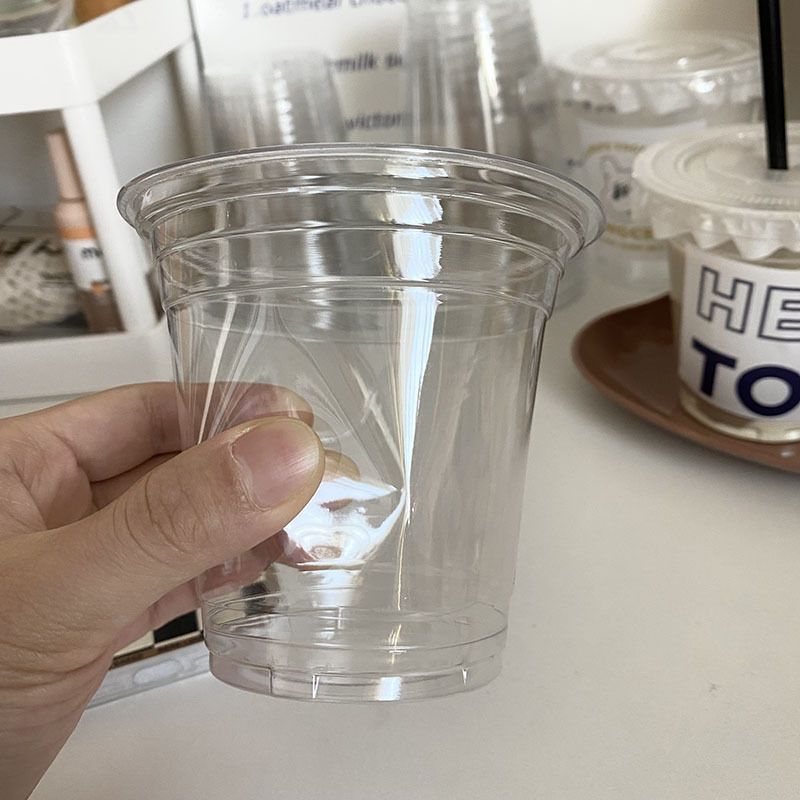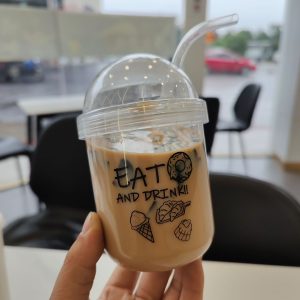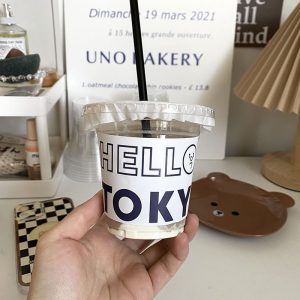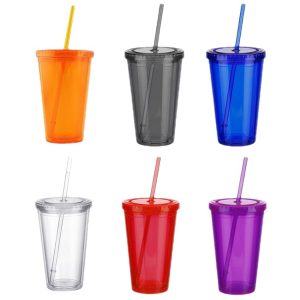Plastic coffee cups are widely used in the food and beverage industry as a convenient and cost-effective solution for serving hot and cold beverages. These cups are typically made from polystyrene or polypropylene, which provides excellent insulation and durability. Their lightweight and portable nature make them a popular choice for takeaway coffee, iced drinks, and other beverages.
Plastic coffee cups come in various sizes, accommodating different drink preferences and allowing customers to choose their preferred portion. They often feature snap-on lids with drink-through spouts, minimizing the risk of spills and offering added convenience for on-the-go consumers.
While plastic cups offer advantages in terms of affordability and convenience, they have faced mounting criticism due to their significant environmental impact. As non-biodegradable materials, plastic cups contribute to the growing issue of plastic pollution, posing threats to marine life and ecosystems. Improper disposal and lack of recycling facilities exacerbate the problem, leading to a high accumulation of single-use plastic waste.
In response to the environmental concerns, many businesses and individuals have been transitioning to more sustainable alternatives like biodegradable or compostable cups made from plant-based materials. Furthermore, initiatives promoting reusable coffee cups have gained popularity, encouraging customers to bring their own containers and reduce their reliance on single-use plastics.
In conclusion, plastic coffee cups offer convenience and practicality but come with serious environmental consequences. As we strive for greater sustainability, it is essential for both consumers and businesses to adopt eco-friendly alternatives and responsible waste management practices to minimize the negative impact on the environment.
